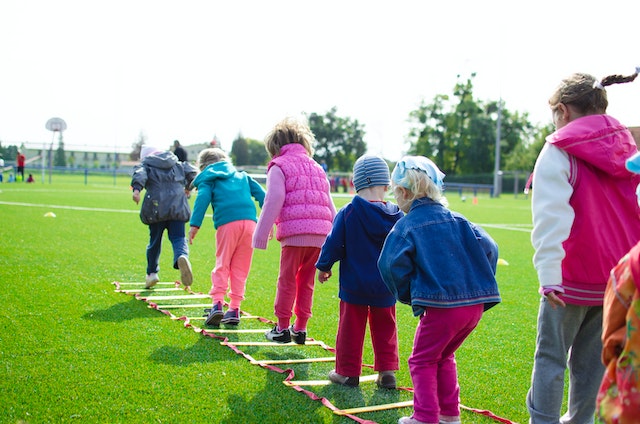
Extracurricular activities are an essential part of a child’s life. They can help kids develop social skills and make friends. They also offer kids an outlet to use their energy and creativity productively as they mature. Here are some great extracurricular activities your kids will enjoy:
1. Sports Teams
Sports teams allow children to practice teamwork, build confidence and learn how to work with others toward a common goal. Kids can join a sports academy UK, clubs, and other groups that interest them and make them better. Some sports teams may require more training, but kids of all ages and abilities can play many sports. Those who play sports are also more likely to do well academically, have better self-esteem, and be in better physical shape than kids who don’t participate in sports. Here are some of the examples of sports they can get involved in:
Soccer — Soccer is a great way to help your child develop physical fitness while learning valuable skills that can be used later in life. It’s also a fun game that anyone can play at any age, so it’s perfect for parents who want their kids to be involved in sports but don’t have much time to devote to them.
Baseball — Baseball is another sport that can be played from an early age and can continue being played throughout adulthood if you choose to do so. It’s also a great way for your child to get exercise while having fun at the same time!
Tennis — If your child has been playing tennis since they were young, this could be their next step after playing soccer or baseball. Tennis is another sport that can be enjoyed by both adults and children alike because anyone who wants to play can play!
2. Dance Lessons
Dance lessons are an excellent way for kids to get outside and be active while learning a new skill simultaneously. The repetitive nature of dance moves also helps build coordination and self-confidence — two things every child can use more of! This can be fun for boys and girls of any age, but they’re especially good for teens who want to learn cool new moves or try out for their school’s dance team.
Most dance studios offer different levels of instruction, so you can find one that meets your child’s needs. If your child is interested in ballet or tap dancing, look for classes specializing in those dance styles because they’re more complex than other forms of dance instruction, such as hip hop or jazz. Many cities and towns also have free or low-cost dance programs for kids in the summertime.
3. Music
Music is an extracurricular activity that you can teach your kids at home. You don’t have to be a professional musician to turn your child into one. Your child can learn how to play the piano, guitar, or even drums with just a few lessons from you. Music is great for relieving stress and helping kids unwind after a long day at school or work. It is also a good way for them to express themselves creatively.
The best types of instruments for kids are ones that require both hands and feet. They can learn to play the piano or drums at a young age, but it’s harder for them to concentrate on playing a wind instrument or guitar until they’re older. If you have the space in your home or garage, by all means, get your child started early with an instrument!
4. Art
Art helps children learn about their creativity and express themselves in new ways. Drawing and painting are two ways that kids can express their creativity through art classes, but there are many other options, such as sculpture and pottery making! These classes help kids develop their creative side while improving their fine motor skills and hand-eye coordination. Art classes are also suitable for getting rid of any pent-up energy left over from running around during recess time at school!
5. Computer Programming Club or Team
In this day and age, kids need to understand the technology and how it works. Many schools have extracurricular computer programming clubs or teams where students learn how to code with languages like Java or Python. The skills they learn in these programs will help them succeed in college and the workplace.
Again, there’s no magic formula for what will and won’t be enjoyable to your kids. Stick with activities they’ve shown an interest in so far or which have been endorsed by teachers and schools, and go from there.


